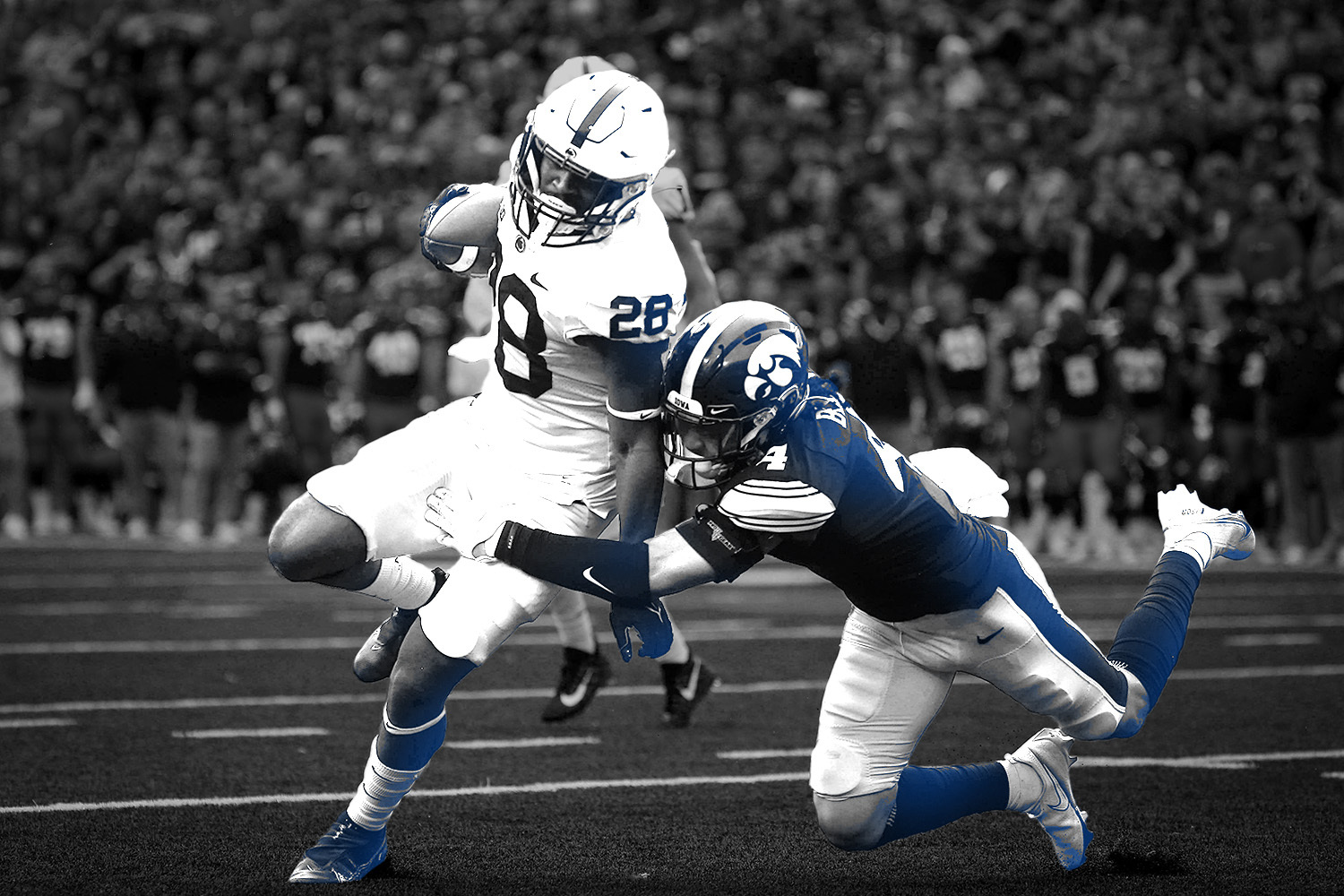NLRB memos aren’t considered law, and don’t hold the same weight as something like a Supreme Court decision, Ehrlich said. But in the Johnson case, athletes’ lawyers are using the latest memo “in a key way.”
The NLRB memo — published just two weeks ago — says that some athletes should be considered employees who can unionize and receive other worker protections.
It gave athletes new ammunition in the Johnson case to establish why the NCAA and schools shouldn’t be able to classify them as “amateurs.”
- The Johnson case rests on athletes’ employee status under the Fair Labor Standards Act, one of two statutes that govern employment law, Ehrlich explained.
- But the NLRB’s memo says athletes are considered employees under the National Labor Relations Act — which has a much stricter definition of what it means to be an employee, he said.
- “Given the fact that the definition of an ‘employee’ is even broader under the FLSA than it is under the NLRB, this is merely further evidence that the Attended Schools” arguments are “untenable,” the response said.
Where does the case go next? The athletes made it clear that if they lost, they would continue appealing up to the Supreme Court.
The NCAA has a long history of appealing unfavorable decisions as far as the court system would let them. Expect them to continue doing so, too.






![[Subscription Customers Only] Jun 15, 2025; Seattle, Washington, USA; Botafogo owner John Textor inside the stadium before the match during a group stage match of the 2025 FIFA Club World Cup at Lumen Field.](https://frontofficesports.com/wp-content/uploads/2026/02/USATSI_26465842_168416386_lowres-scaled.jpg?quality=100&w=1024)
![[Subscription Customers Only] Jul 13, 2025; East Rutherford, New Jersey, USA; Chelsea FC midfielder Cole Palmer (10) celebrates winning the final of the 2025 FIFA Club World Cup at MetLife Stadium](https://frontofficesports.com/wp-content/uploads/2026/02/USATSI_26636703-scaled-e1770932227605.jpg?quality=100&w=1024)









